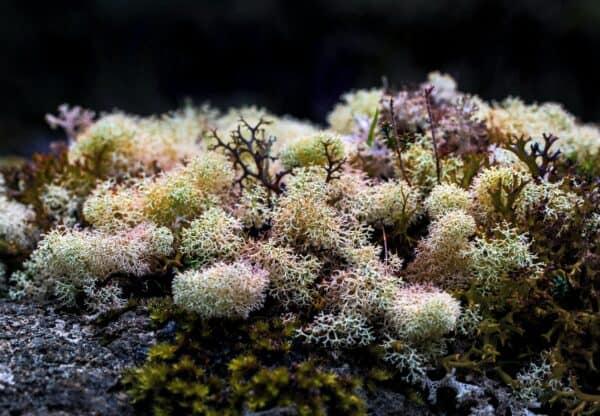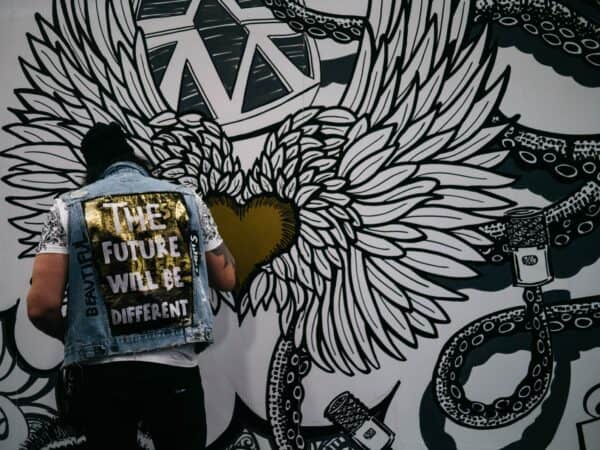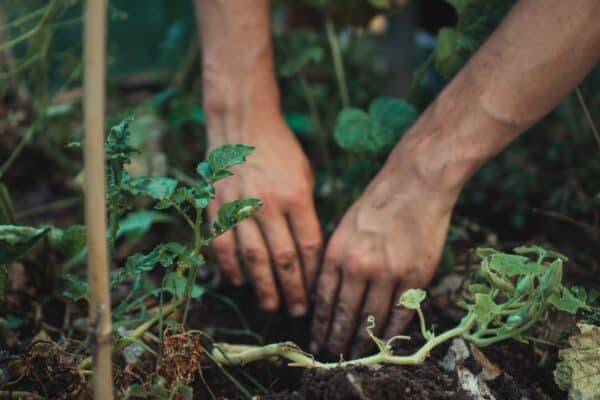“Why do you keep harping on about anti-racism work, Emily? What does it have to do with self-leadership? I don’t see the link. Can you explain?”
There will be no regenerative futures without intentional dismantling of white supremacy.
I repeat: There will be no regenerative futures without intentional dismantling of white supremacy.
This toxic system lives in all of us who benefit from it (those of us with pale complexion) and we uphold it in unconscious ways.
The ONLY way to interrupt, disrupt and dismantle this system that encapsulates the essence of separation from both each other in our human family and the Earth, is by facing it inside-out.
It depends on changemakers in paleskinned bodies who are committed to a different world. Committed to being the change.
Committed to walking your talk.
Committed to a whole world.
Regenerative self-leadership work is in essence about being and relating from WHOLENESS, a journey of integrating fragmented parts of ourselves.
It’s about being and doing and relating from a whole living-systems perspective on life and work, business and organisations. Humans and all living beings. The wider world.
It’s only from a place of greater wholeness that we can self-manage, be part of self-organising teams, and open up to greater levels of creativity that can benefit the whole.
It is only from a place of wholeness that we see ourselves part of Nature and the greater web of life. This is when we choose to shift to circular economies and open up to biomimicry.
It is only from a place of greater wholeness that we are able to be still enough to listen carefully to the fields of our organisations, businesses, communities or family systems into what is wanting to emerge, wanting healing, wanting attention, deep down below the surface.
It’s also the only place from which we are able to show up with people who see the world differently to ourselves without being fiercely triggered, resentful or cancelling.
Anti-racism work is in its essence about wholeness too.
It’s about clearing distortions and fragmentations about who we are, our socialised mindsets and behaviours.
Clearing distortions about where we have come from and opening up to new empowering and regenerative pathways about where we can go, collectively. Together.
Two of the key principles of the ‘logic of life’ are the principles of DIVERSITY and RELATIONSHIPS. Life thrives on diversity, and the species who are the most resilient on our planet are the ones with the strongest relationships.
Any system or culture that claims to centre wholeness or belonging in diverse groups of people cannot be facilitated without engaging in anti-racism work.
This goes beyond ‘D,E & I’ initiatives.
Without active anti-racism work, our organisational culture (for example) is likely going to be filled with unconscious micro-aggressions, colour-blindness, normative thinking, code-switching and exceptionalism.
These are all degenerative ways of being and relating that erodes belonging, innovation and hinders the release of an organisation’s evolutionary purpose.
Racism and our climate emergency come from the same degenerative root-system.
Our global economic system was built on the notion of making some people and nations (in the global north) rich and other people (in the global south) to enable that. It still works this way.
If we want to contribute to a regenerative, thriving future for the whole world, we must become conscious of the degenerative ideologies that underpin the systems we are all a part of.
Simply put, we cannot be ‘for the Earth’ and not do anti-racism work (or else we are not seeing the whole picture). We cannot claim to be anti-racist without also embracing climate justice (or else we are not seeing the whole picture).
Anti-racism work is regenerative wholeness work.
Love work.
Home-coming work.
If you are a white-bodied human reading this who is curious, believes in a regenerative, thriving, just world and is willing to self-reflect, then put yourself on the wait list for the Becoming a good ancestor Wholeness Immersion based on Layla F Saad’s ground-breaking healing work “Me & White Supremacy”.
It is a journey that all future ancestors are thankful for.








